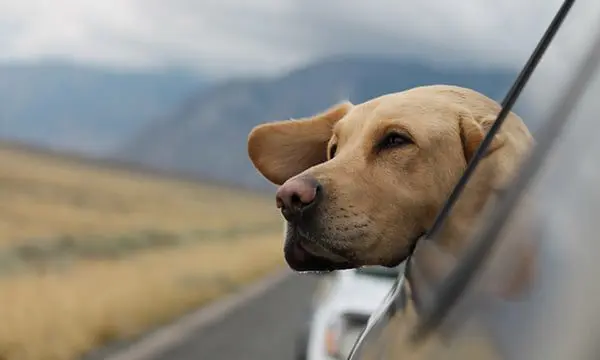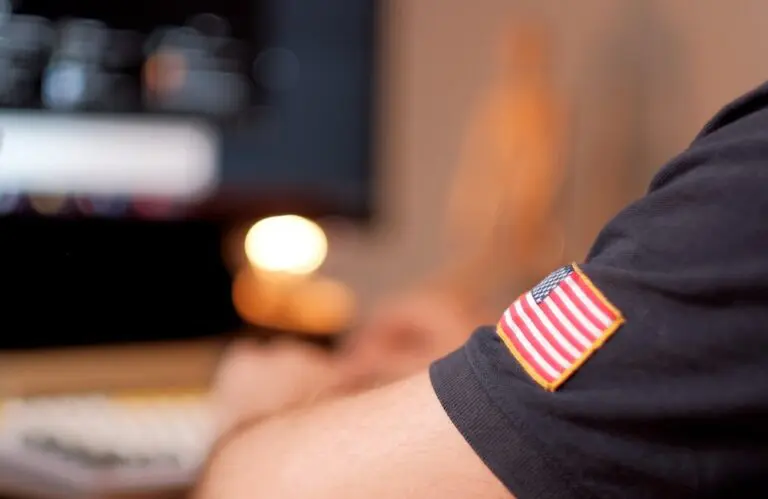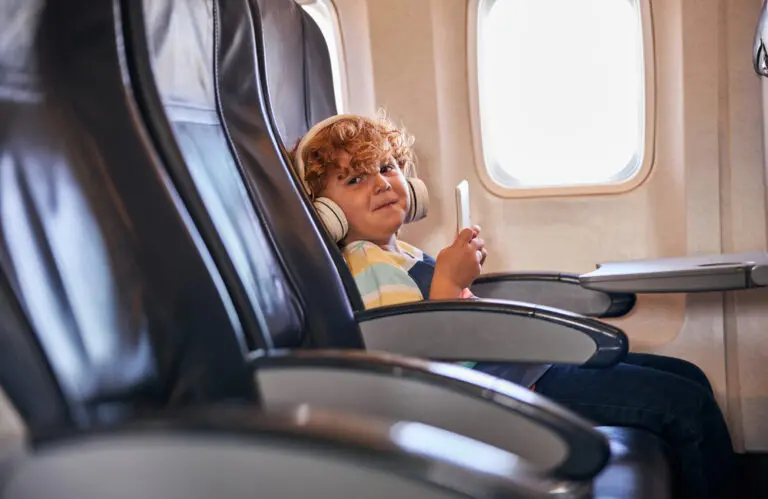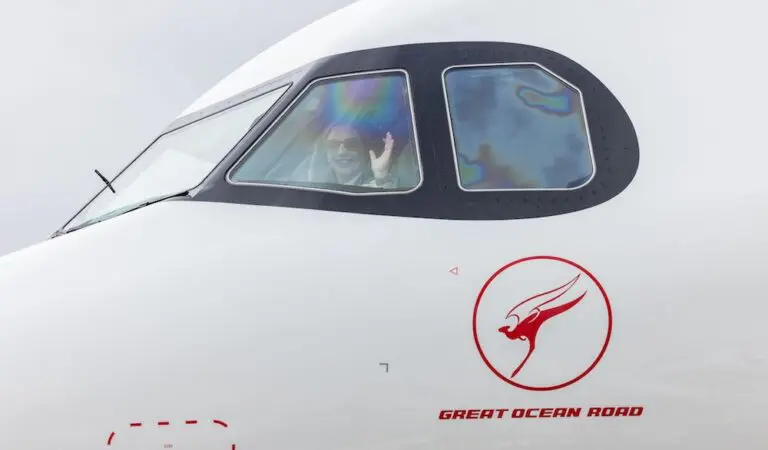Did you know that some 16,000 dogs and cats, 400 horses, 200,000 reptiles, 20,000 birds and 28 million fish travelled on planes last year? That’s 28, 236, 400 flying animals in 12 months.
Anyone else stuck on the 200,000 reptiles ???? Are we talking crocodiles here?
While most of these travelling creatures arrive safely in their owners’ intended destinations, sadly there were a few instances in which, they didn’t survive the journey.

Image: Yuki Dog/Unsplash
One of the more tragic incidents was the black French bulldog who suffocated after his owner was advised by airline staff to place the four-legged dog in the overhead locker.
Unsurprisingly, the public responded to the tragic incident by calling for more animal protection at 32,000-feet, which the International Air Transport Association has heard and adhered to through a new Global Certification Program.
Designed to improve the safety and welfare of animals travelling by air, the program is being done through the Center of Excellence for Independent Validators for Live Animals (CEIV Live Animals) and includes steps to increase the level of competency in handling and transporting furry friends.

The first requirement is for airlines to have ‘live pilots’ observing the animals throughout the flight, while the second is addressed the needs and requirements of endangered species.
IATA’s Senior Vice President of Airport, Passengers Cargo & Security, Nick Careen, said the industry has a duty of care to ensure the best practices are met around the world to protect animals.
“For those shipping live animals the CEIV Live Animals program will provide a reliable quality benchmark.”
Nick Careen, IATA Senior Vice President of Airport, Passengers Cargo & Security
“Just as CEIV Pharma helped provide quality standards for temperature sensitive healthcare shipments, the new program extends that expertise to the important field of transporting and handling of animals.”
READ: Ecotourism & animal rights, the moral Travel Agent
READ: Toilet snake bites man’s penis in Thailand





